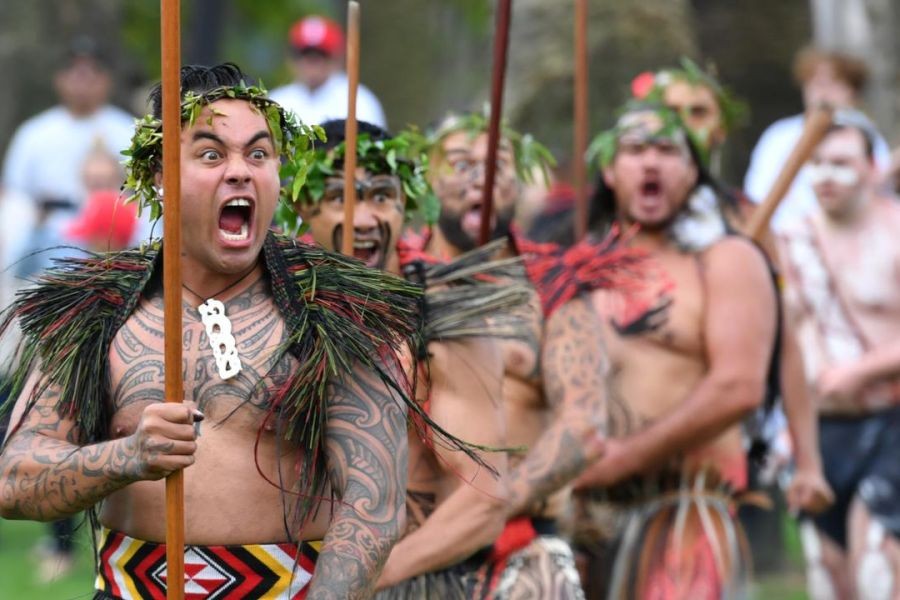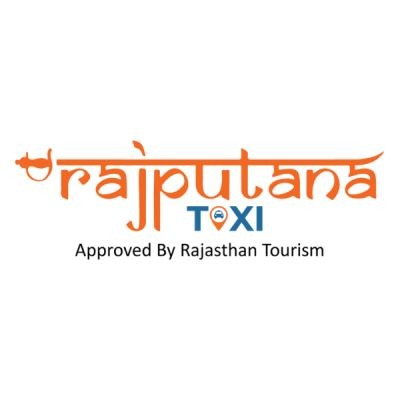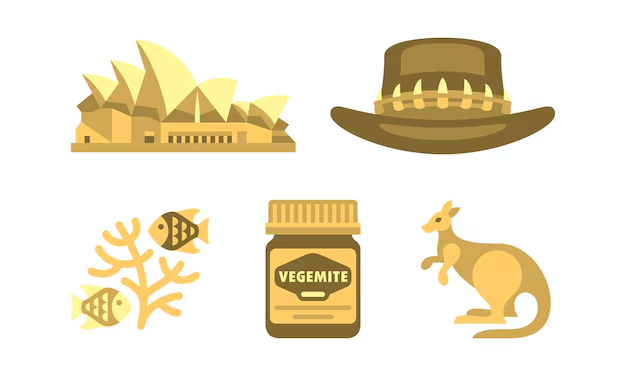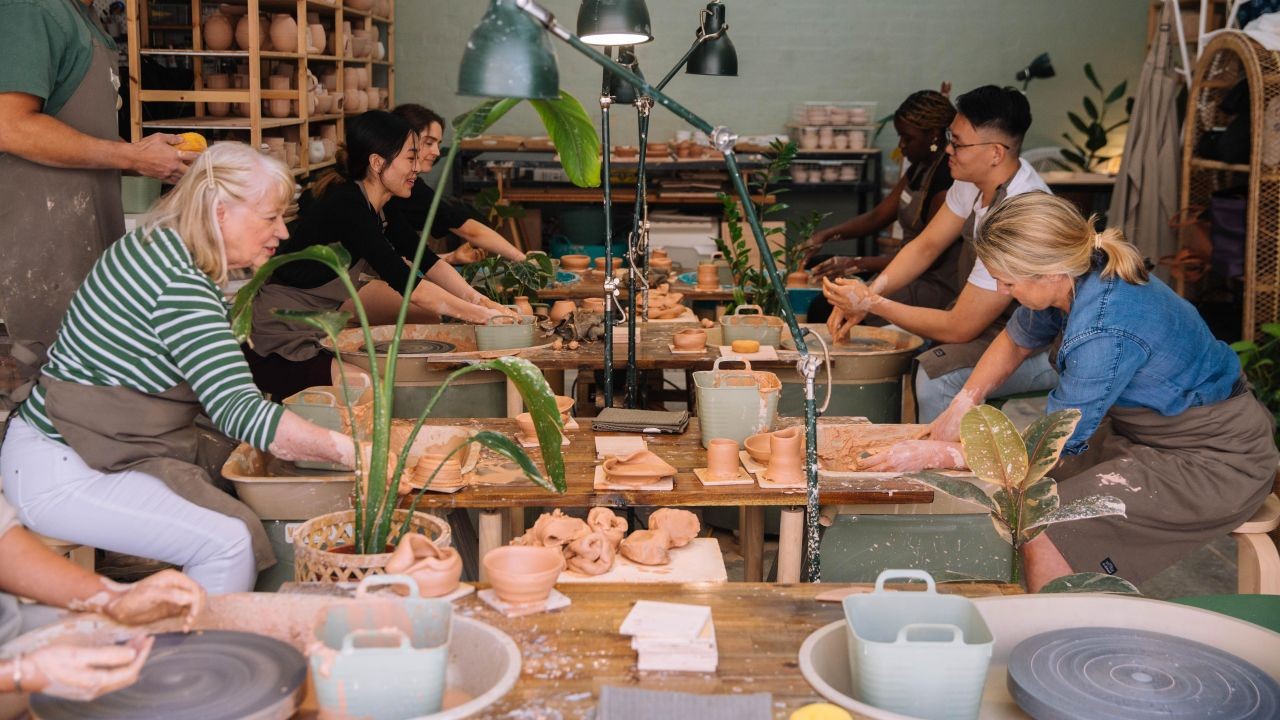New Zealand is renowned for its stunning landscapes and unique cultural heritage. However, behind the picturesque vistas lies a pressing question: Is New Zealand doing enough to protect its Indigenous Maori people? This topic has gained significant attention, especially in light of recent socio-political movements and governmental policy shifts. As healthcare consultants, understanding the intersection of health, culture, and policy is crucial for improving Maori health outcomes.
Understanding the Maori Health Disparities
The Maori people, who make up approximately 16.5% of New Zealand's population, face significant health disparities compared to their non-Maori counterparts. According to Stats NZ, Maori individuals have a life expectancy that is approximately 7.3 years shorter than non-Maori. This alarming statistic underscores systemic issues, including access to healthcare, socio-economic status, and cultural competency within the health sector.
Case Study: The Whanau Ora Initiative
To address these disparities, the New Zealand government launched Whanau Ora, a holistic approach to health and well-being centered around Maori values. This initiative empowers families as a whole rather than focusing solely on individuals, recognizing the importance of collective well-being in Maori culture.
Problem: Maori families were experiencing fragmented healthcare services that did not align with their cultural values, leading to lower engagement and poorer health outcomes.
Action: Whanau Ora implemented family-centric health plans that integrated social, educational, and health services, providing a more cohesive support system.
Result: According to a report by the Ministry of Health, families involved in Whanau Ora have shown improved health indicators and increased satisfaction with healthcare services. For example, there was a 20% increase in regular health check-ups and a 15% reduction in hospital admissions among participating families.
Takeaway: The success of Whanau Ora highlights the importance of culturally tailored health initiatives. For healthcare consultants, this underscores the need to advocate for and implement culturally sensitive practices within healthcare systems.
Economic Contributions and Challenges
Maori businesses contribute significantly to New Zealand's economy, with a collective asset base worth approximately NZD 50 billion, according to the Reserve Bank of New Zealand. However, despite their contributions, Maori businesses face unique challenges, including limited access to capital and resources.
Case Study: Maori Agribusiness
Maori agribusinesses are a vital part of the economy, providing employment and promoting sustainable practices. Ngai Tahu Farming, a subsidiary of the Ngai Tahu iwi, illustrates the potential and challenges faced by Maori enterprises.
Problem: Ngai Tahu Farming faced challenges in securing investment for sustainable agricultural practices, which are crucial for maintaining cultural values and environmental stewardship.
Action: The company partnered with government agencies and private investors to secure funding and support for sustainable projects, including carbon-efficient farming techniques and native forest restoration.
Result: These partnerships led to a 30% increase in productivity and a 25% reduction in carbon emissions over five years, demonstrating a successful integration of traditional values with modern business practices.
Takeaway: For Maori businesses to thrive, there must be greater access to resources and investment opportunities. Healthcare consultants can play a role in advocating for policy changes that support Maori business growth, leading to improved community health outcomes.
Common Myths and Misconceptions
Several misconceptions persist regarding Maori health and socio-economic status:
- Myth: Maori people have equal access to healthcare.
- Reality: Systemic barriers, such as geographic isolation and cultural insensitivity, impede access to healthcare services (Source: Ministry of Health).
- Myth: Maori businesses do not significantly impact the economy.
- Reality: Maori enterprises contribute billions to the economy, with significant growth potential (Source: Reserve Bank of New Zealand).
Future Trends and Predictions
The future of Maori protection and empowerment in New Zealand looks promising with several trends on the horizon. The government’s commitment to the Treaty of Waitangi continues to influence policy decisions, with potential increases in funding for Maori health and business initiatives. By 2026, it is predicted that Maori-led enterprises will see a 15% growth in asset value, driven by strategic investments and government support (Source: MBIE).
Conclusion
Protecting and empowering New Zealand’s Indigenous Maori people requires a multifaceted approach that includes culturally tailored healthcare initiatives and economic support for Maori businesses. Healthcare consultants can play a pivotal role by advocating for systemic changes and supporting initiatives that align with Maori values.
Are you ready to make a difference? Engage in discussions, support Maori enterprises, and advocate for culturally competent healthcare practices. Let's work together to ensure a healthier, more equitable future for Maori communities.
People Also Ask
- How does Maori culture influence healthcare in New Zealand? Maori culture emphasizes holistic well-being, which influences healthcare practices to integrate family and community support.
- What are the biggest challenges facing Maori businesses? Maori businesses face challenges like limited access to capital and resources, impacting their growth potential.
- How can healthcare consultants support Maori health outcomes? By advocating for culturally sensitive healthcare practices and supporting initiatives like Whanau Ora, consultants can improve Maori health outcomes.
Related Search Queries
- Maori health disparities in New Zealand
- Whanau Ora initiative impact
- Maori economic contributions
- Cultural competency in healthcare
- Future of Maori businesses









































Sky Print and Enterprise UK
2 months ago